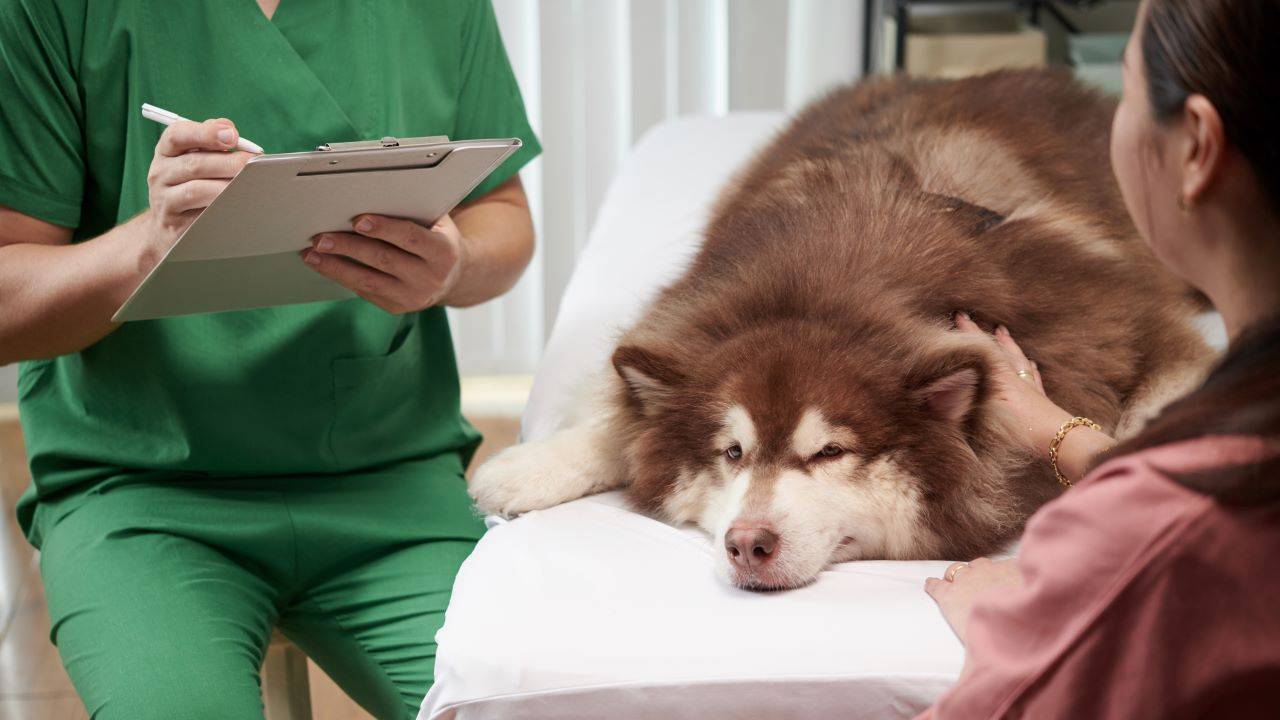Maintaining healthy skin is crucial for the overall well-being of your pet. Just like humans, pets can suffer from a variety of skin conditions that can cause discomfort and even lead to more serious health issues if left untreated. Common signs of skin problems in pets include excessive scratching, redness, hair loss, and the appearance of bumps or sores. Early detection and treatment are key to preventing complications and ensuring your pet remains happy and healthy.
Recognizing Skin Conditions in Pets
Identifying skin conditions in pets early on is vital for effective treatment and overall health. Pet owners should be vigilant for common symptoms that indicate potential skin issues. These symptoms include:
- Excessive scratching or licking
- Redness or inflammation
- Hair loss or bald patches
- Bumps, scabs, or sores on the skin
- Unusual odors coming from the skin
Performing regular skin checks at home can help detect these symptoms early. During a skin check, gently part your pet’s fur and look for any abnormalities. Pay close attention to areas where your pet tends to scratch or lick frequently. It’s also beneficial to monitor your pet’s behavior; if they are constantly scratching or seem uncomfortable, it may be a sign of a skin issue.
Regular veterinary check-ups are crucial for maintaining your pet’s skin health. During these visits, the vet can perform thorough skin examinations and catch any issues that might not be obvious to pet owners. Early detection allows for prompt treatment, which can prevent minor issues from becoming severe problems. In addition to professional exams, your vet can provide advice on how to care for your pet’s skin at home and recommend products that can help maintain healthy skin. By being proactive and attentive, pet owners can ensure their furry friends remain comfortable and healthy.
Common Skin Conditions in Pets
Several skin conditions can affect pets, each with distinct symptoms and causes. Understanding these conditions can help pet owners recognize and address them promptly.
Allergies: Pets can suffer from allergies due to food, environmental factors, or flea bites.
Symptoms include:
- Intense itching and scratching
- Red, inflamed skin
- Ear infections
Dermatitis: This condition, often caused by contact with irritants, manifests as:
- Redness and swelling
- Itchiness
- Scaly or crusty skin
Fungal Infections: Conditions like ringworm are common fungal infections in pets. Look for:
- Circular patches of hair loss
- Scaly or crusty skin
- Itchiness
Parasites: Fleas, ticks, and mites can cause severe skin issues, including:
- Red, irritated skin
- Hair loss
- Visible parasites on the skin
Hot Spots: These are localized areas of skin inflammation and infection, often due to:
- Constant licking or chewing
- Red, moist sores
- Hair loss around the affected area
Each of these conditions requires specific treatments and management strategies. For instance, allergies may be managed with hypoallergenic diets or medications, while fungal infections often require antifungal treatments. Parasite infestations necessitate thorough grooming and preventive measures, such as flea and tick medications. By recognizing the symptoms and understanding the causes of these common skin conditions, pet owners can seek appropriate veterinary care and ensure their pets receive the best possible treatment.
Effective Treatments and Preventative Measures
Treating skin conditions in pets requires a multifaceted approach tailored to the specific issue. Here are some common treatments:
Medications: Depending on the condition, your vet may prescribe:
- Antibiotics for bacterial infections
- Antifungal medications for fungal infections
- Antihistamines or steroids for allergies
Topical Treatments: These can help soothe and heal affected areas, including:
- Medicated shampoos
- Creams and ointments
- Sprays for itch relief
Dietary Changes: Nutrition plays a significant role in skin health. A balanced diet rich in essential fatty acids can improve skin condition. For pets with food allergies, a hypoallergenic diet may be necessary.
Preventative measures are crucial in maintaining your pet’s skin health and avoiding future issues:
- Regular Grooming: Brushing your pet’s fur helps remove dirt and loose hair, which can prevent matting and reduce the risk of skin infections.
- Flea and Tick Prevention: Use preventive medications to protect your pet from parasites that can cause skin problems.
- Bathing: Regular baths with a gentle, pet-safe shampoo can help keep the skin clean and reduce the risk of infections.
Knowing when to seek veterinary care is essential. If your pet’s skin condition persists or worsens despite home treatments, it’s time to consult a veterinarian. Persistent issues might indicate an underlying health problem that needs professional attention. By following these treatment and prevention strategies, pet owners can help ensure their pets maintain healthy, itch-free skin.
Ensure Your Pet’s Skin Health with Easyvet Clinic
Maintaining your pet’s skin health is essential for their overall well-being. By recognizing common symptoms, understanding prevalent skin conditions, and implementing effective treatments and preventative measures, you can help your pet lead a comfortable and healthy life. Regular visits to easyvet Clinic in Allen, TX, ensure that any skin issues are promptly addressed by experienced veterinarians. Whether you’re in Allen or nearby cities, easyvet Clinic is here to support your pet’s health. Book an appointment today for expert care and advice on maintaining your pet’s skin health by visiting easyvet Clinic in Allen.




